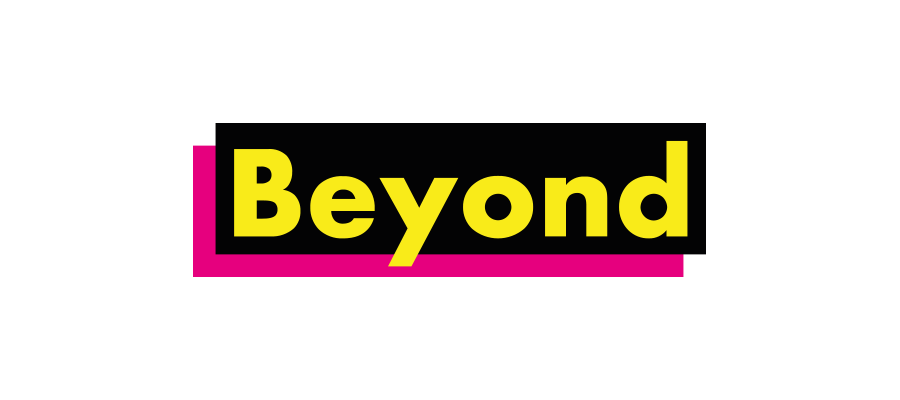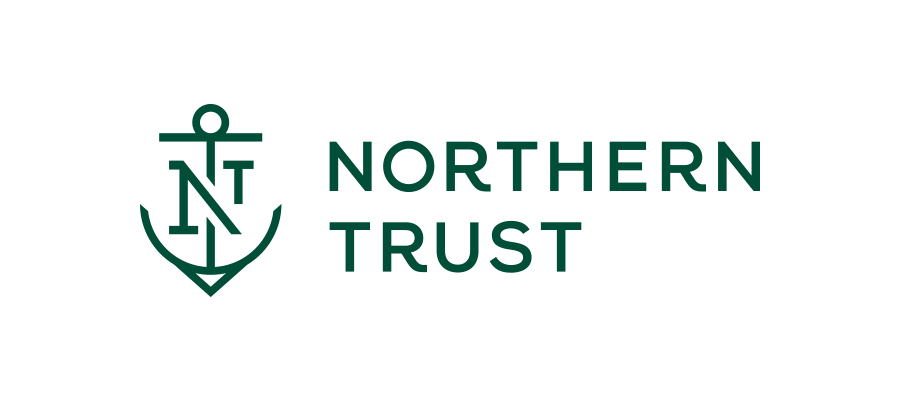Three ways to create meaningful change in your workplace
How do you motivate your team? Financial bonuses, dress-down days and team dinners all have their place as reward schemes. However, studies show that human behaviour is ultimately what makes or breaks a motivated and productive workplace. Encouraging autonomy, personal recognition and a flexible approach to work are all examples of what can nurture a consistently positive outlook at work - and a happy mind really does make for a happy business.
That said, there’s no one-size-fits-all approach when it comes to taking care of your team’s mental health. Understandably, this can make the topic of mental health feel like a complex and overwhelming concept for senior leaders to approach. How do you talk about mental health and communicate it in an inclusive way? How do you effectively support a member of staff who is struggling with their mental health?
First of all, it’s important to recognise that we all have mental health, and our state of mental wellbeing can change from day to day, depending on the circumstances in our lives at any given time. However, there are widespread mental health issues related to work, and there are trends across different age groups too. Research has shown that stress is currently the leading cause of physical illness and as a result, the most common reason for working days lost in the UK. In recent years, the number of professionals being signed off from work due to stress and burnout has risen rapidly with burnout typically peaking between the ages of 25 and 44. People of different generations bring different approaches to their work, so consider how you can best support the millennial generation (ages 23 - 38), alongside your multi-generational teams and what may be important to them.
It is therefore worth implementing a mental health strategy that views each member of staff individually, as well as to implement diverse wellbeing initiatives in order to meet various needs of all staff. This combination can enable everyone to feel inspired, engaged and motivated to do their very best while at work (and even outside of the workplace too).
To get started, consider adopting these three motivational theories and begin creating meaningful change in your workplace:
1. Build rapport and trust through recognition
Business success is more than just the bottom line; staff morale plays a significant part in enabling business success in the longterm. All human beings share similar basic needs: safety, security, social acceptance, etc. At work, you can enable your team to feel understood, valued and appreciated for their efforts by building rapport and trust through the recognition of their efforts, meeting that social acceptance need. Consider the ways you can demonstrate appreciation of your staff’s efforts and be creative too - saying thank you goes a long way, but also team initiatives like a sharing session at the start of each meeting, to congratulate each individual on their personal wins, can boost this further. Find time within your current routine to build in these moments of appreciation, and they will soon become embedded within your working culture.
2. Make the time to talk
Can you recall a time when you’ve gone through a challenging situation and found it difficult to talk about it or share it with others? It’s easy to observe someone’s behaviour on the surface and create a judgement or assumption, before knowing the bigger picture they are experiencing. Take some time aside each month to connect personally with those who you manage, and create opportunities for discussion. Alongside regular check-ins, If you notice a change in a behaviour, a spontaneous 1-2-1 can be a valuable way to connect and reassure them that you are there to support them at work. Reassure them that whatever they are going through is valid and is not expected to be suppressed while at work. With that in mind, as a manager, ensure you also have a strong support network inside and outside of work to share any struggles you experience.
3. Encourage flexible working
As individuals, our most effective means of working can often differ to the traditional working day. Studies consistently show that offering staff a flexible approach to working hours, as well as time off in lieu for working longer hours during busy periods, can reduce stress, lower the number of sick days and improve staff retention. The message you enforce by encouraging a flexible approach is “however you work best, I trust you to get the work done”. This builds trust and alongside clear communication before setting tasks, as well as worthwhile reviews after tasks are complete, this can skyrocket productivity and morale.
These are vital starting points for building a mental health strategy and fostering a culture of openness and ease in relation to talking about mental health. Meaningful change in your workplace can start with just one person, and a group of people committed to making a difference can set something truly special in motion.
What choice will you make today?








